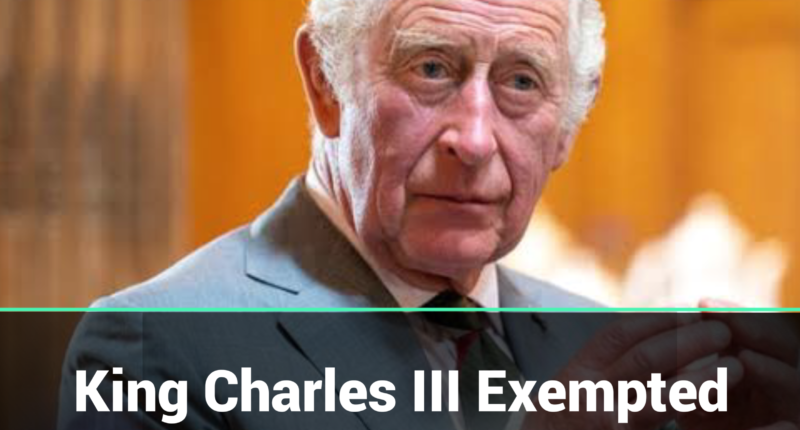Following the death of his mother and UK’s longest serving monarch, King Charles III has inherited a realm of wealth on which the country’s law doesn’t obligate the newly crowned monarch to pay tax on.
What’s more
This is according to a rule introduced in 1993 by the U.K. government which allows monarchs to pass assets to one another without inheritance tax, thereby safeguarding the wealth of the royal family in a case where two sovereigns die in a short period.
By the numbers
King Charles III inherited the Duchy of Lancaster estate, valued at over $750 million. And which generated $27 million in revenue for the Queen last year.
- The Crown Estate, estimated to be worth over $34.3 billion in assets, will now belong to Charles III.
Why it matters
The law exempts members of the royal family from paying the 40% levy on properties worth over £325,000 or $377,000 that non-royal UK residents do. Although Queen Elizabeth II started paying income and capital gains tax on the estate in 1993 of her own will, King Charles III doesn’t have to do the same.
What you should know
The Duchy of Lancaster estate, founded in the 13th century, includes “commercial, agricultural and residential” properties, including a portfolio of financial investments. Also, its five rural units, or surveys, cover about 18,000 hectares of land in both England and Wales.

